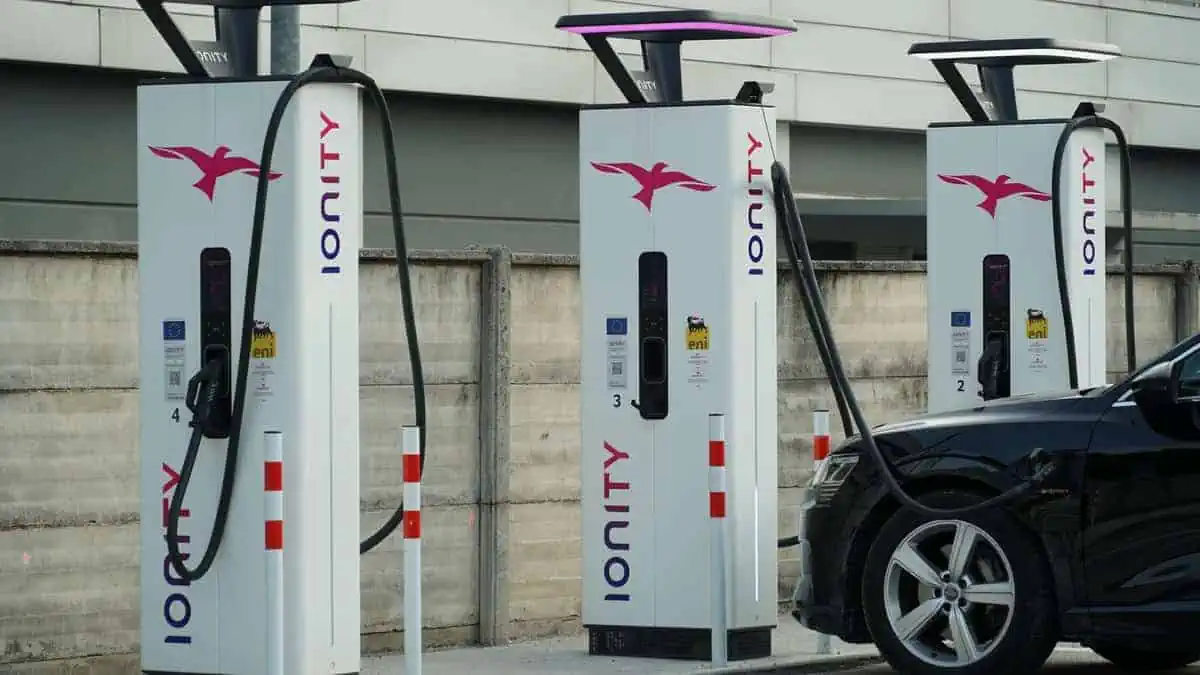Users of electric vehicles in Seattle are facing yet another issue, and you can bet that this issue will quickly spread to other major cities.
There isn’t a week that passes when we don’t learn of a new issue involving electric vehicles, but at least this one isn’t directly related to unstable technology. After metal thieves tore them apart, consumers in Seattle have found public charging stations with missing copper wiring and broken open cases.
According to Jenn Strang, media relations manager for Seattle City Light, the problem has been going on for months, as reported by KOMO-TV.
Since March of 2022, we have seen an increase of activity where we have had people coming and removing the charging cables from our public charging stations
They are taking the metal, and they are turning it in for monetary gain. Unfortunately, the amount of money they are [getting] is nominal. It’s about ten dollars
Jenn Strang, Media relations manager for Seattle city light stated on the current situation of theft
Vandalizing charging stations
According to city officials, thieves have recently vandalized eight charging stations. However, the repair costs much more than just $10. The cables, according to Strang, cost upwards of $2,000 each to replace, not including the $500 for hiring a technician to install the replacements.
According to Jim Fuda, executive director of Crime Stoppers of Puget Sound, this is another opportunity for metal thieves.
What’s a charging cable? Anywhere from 6 to 10 to 12 feet. They cut that up in two to six-foot lengths, and haul it out quickly, and strip it, and go sell it to a fence
Jim Fuda, Executive director of Crime Stopper of Puget Sound stated on current situation of theft
Renovation for charging points
Cities now have to deal with new, expensive problems like this as left-wing states continue to pursue their goal of outlawing gas-powered cars. Additionally, officials in Seattle claimed that they are considering strategies to stop copper thieves.
One potential solution is to renovate the charging stations so that the cables only emerge from the station when someone activates them with a mobile app.
Instead of via a charging station that someone would [drive] up to, it’s something that’s mounted up to a pole, and then you have to have an app, so by accessing the app, the charger comes down
Jenn Strang stated on the potential solution for theft
Damaged charging stations are still inoperable until city maintenance personnel can fix them.
Although the number of stations affected by metal thieves may appear small, it is a persistent issue that will spread to stations across the country that charge these car batteries, which have serious problems.
Insufficient number of charging stations
The availability of charging points is still at an alarmingly low level. Seattle might have less of a problem with that.
The Seattle-Tacoma-Bellevue area has 471 free charging stations and 2,975 total stations of all types, including pay-per-charge locations, according to the website PlugShare.
However, while deep blue cities like Seattle have many charging stations available for use, the nation still needs to.
According to the U.K. Daily Mail, the U.S. will need to invest more than $35 billion to improve its current EV charging infrastructure if it wants to reach a majority of EV usage by 2030.
“America would have to install 30 million electronic vehicle charging ports by 2030 if half of the drivers switch to EVs by the time California’s ban on gas cars takes effect,” the outlet discussed in August.
Charging points in household
Of course, owners of electric vehicles could install their charging points at home, but doing so would be expensive.
Cars.com recently paid to have six different types of home EV charging outposts established in their employees’ houses, and they discovered a range of costs and efficacy.
The price ranged from $1,738 for the least expensive version on the side of an employee’s home to $4,450 for constructing a freestanding station at the curb to $6,920 for a line connecting the home to a detached garage.
Additionally, Business Insider estimates that your residential electric bill will increase by nearly $500 annually.
As much as Joe Biden tries to convince you that electric vehicles are the future, they have many more problems than that. And now that thieves are abusing their charging infrastructure, there is yet another issue to deal 3with.






